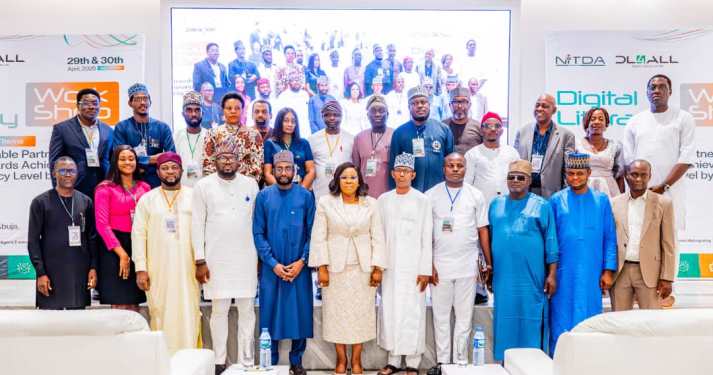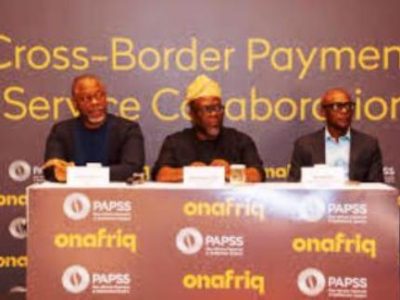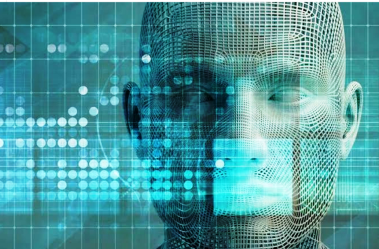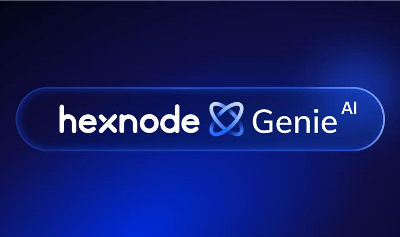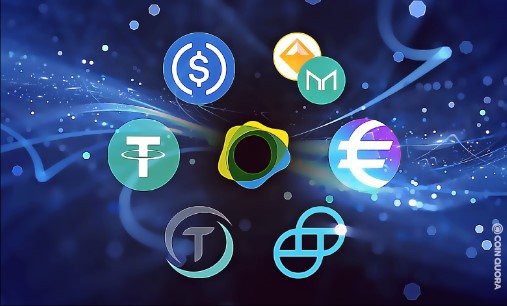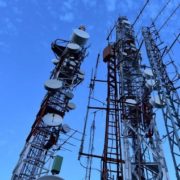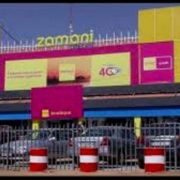The National Information Technology Development Agency (NITDA) has convened the first-ever Digital Literacy Stakeholders Workshop, bringing together key players from government, academia, civil society, development partners, and the private sector.
RELATED: NITDA names DBI President Daser David to lead committee towards 95% digital literacy by 2030
Held under the theme “Building Sustainable Partnerships and Pathways Towards Achieving 95% Digital Literacy Level by 2030”, the two-day event aimed to align efforts under the National Digital Literacy Framework (NDLF) and create a unified roadmap for inclusive digital transformation.
According to Mrs. Hadiza Umar, Director of Corporate Communications and Media Relations at NITDA, the workshop is part of a national push to raise digital literacy levels to 70% by 2027 and 95% by 2030, in line with the NDLF launched in 2023.
Workshop Focus: Efficiency, Inclusion, and Strategic Roadmapping
Participants discussed strategic priorities to avoid duplication, consolidate efforts, and maximise impact. Discussions centered around:
- Profiling stakeholders to map out digital literacy initiatives across Nigeria.
- Leveraging technology and innovation to reach rural and underserved communities.
- Establishing a centralised data system to track training outcomes and inform policy.
- Embedding digital literacy across sectors—education, commerce, governance, and community life.
Key Resolutions and Action Points
The workshop concluded with resolutions that reflect NITDA’s commitment to measurable and inclusive progress:
- Stronger Partnerships: Stakeholders pledged to collaborate more intentionally, aligning their digital literacy initiatives and resources.
- Centralised Data System: A national framework hosted by NITDA will be created to ensure transparency and support evidence-based planning.
- Categorised Stakeholder Engagement: Participants were grouped into Providers, Enablers, and Funders to streamline collaboration and define responsibilities.
- Inclusive Programming: Special focus will be placed on women, youth, persons with disabilities, and remote communities to ensure no one is left behind.
- Sustainable Interventions: Emphasis was placed on long-term, scalable projects over isolated or short-lived efforts.
Institutionalising Progress and Accountability
To ensure the momentum continues, workshop participants agreed to:
- Establish a National Digital Literacy Technical Committee with representatives from all stakeholder sectors.
- Institutionalise the Digital Literacy Stakeholders Workshop as an annual event for collaboration and progress tracking.
- Fully support the implementation of the NDLF and promote open data sharing via a NITDA-managed platform.
- Develop and roll out socio-culturally adaptive digital literacy programmes for all demographics.
- Host regular review sessions to track execution, resolve challenges, and recalibrate strategies.
Renewed Hope Agenda in Action
This milestone event reinforces the government’s commitment to the Renewed Hope Agenda of President Bola Ahmed Tinubu, particularly around digital inclusion, economic empowerment, and national development. The highlight of the event was the inauguration of a National Digital Literacy Working Group, chaired by David Daser, President of the Digital Bridge Institute (DBI), to provide technical oversight and coordinate the execution of workshop recommendations.

